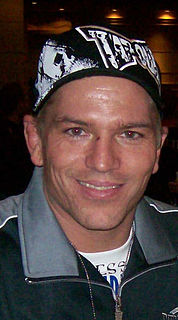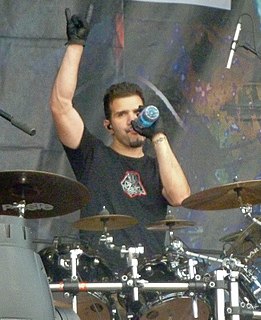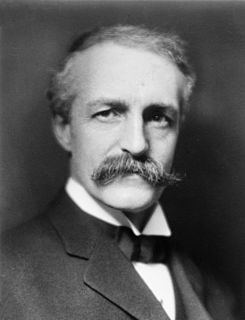A Quote by Charlotte Perkins Gilman
No matter what the belief, if it had modestly said, 'This is our best thought, go on, think farther!' then we could have smoothly outgrown our early errors and long since have developed a religion such as would have kept pace with an advancing world. But we were made to believe and not allowed to think. We were told to obey, rather than to experiment and investigate.
Related Quotes
Our coherent extrapolated volition is our wish if we knew more, thought faster, were more the people we wished we were, had grown up farther together; where the extrapolation converges rather than diverges, where our wishes cohere rather than interfere; extrapolated as we wish that extrapolated, interpreted as we wish that interpreted.
I just think society, our culture and our world would be better off if we just loved God and loved our neighbor and did what was right. You know, our founding fathers... They all were godly men. Someone told me one time, "Yeah, but they made mistakes." I said, "So have we. We've all made mistakes." I said, "But they founded the greatest nation on earth and we didn't, and that's the difference right there."
I think back to some of the pots we made when we first started our pottery, and they were pretty awful pots. We thought at the time they were good; they were the best we could make, but our thinking was so elemental that the pots had that quality also, and so they don't have a richness about them which I look for in my work today. Whether I achieve it all the time, that's another question, because I don't think a person can produce at top level 100 percent of the time.
And yet in a funny way our lack of success led to our breakthrough; because, since we could not get a cell line off the shelf doing what we wanted, we were forced to construct it. And the original experiment ... developed into a method for the production of hybridomas ... [which] was of more importance than our original purpose.
They said we were soft, that we would not fight, that we could not win. We are not a warlike nation. We do not go to war for gain or for territory; we go to war for principles, and we produce young men like these. I think I told every one of them that I would rather have that medal, the Congressional Medal of Honor, than to be President of the United States.
It is people who are violent, rather than "religions"; and since we secularised our politics we have had two major world wars, the Holocaust, the Soviet Gulag, and the atomic attacks on Hiroshima and Nagasaki - none of which were inspired by religion. If we want to understand the dangers of our world, we can no longer accept the old received ideas.
In the long-run I think we lost some of our audience because of noise. I don't think people were ready for it, OK? And after we did it nothing really happened, but then 4-5 years later when there was a rap-rock emergence, we were already over it. We could have made Bring the Noise part 2, Bring the Noise part 3 - but like I said we're a METAL band, we didn't want to do that.
The American Colossus was fiercely intent on appropriating and exploiting the riches of all continents - grasping with both hands, reaping where he had not sown, wasting what he thought would last forever. New railroads were opening new territory. The exploiters were pushing farther and farther into the wilderness. The man who could get his hands on the biggest slice of natural resources was the best citizen. Wealth and virtue were supposed to trot in double harness.
We spent as much money as we could and got as little for it as people could make up their minds to give us. We were always more or less miserable, and most of our acquaintance were in the same condition. There was a gay fiction among us that we were constantly enjoying ourselves, and a skeleton truth that we never did. To the best of my belief, our case was in the last aspect a rather common one.
Our prime minister could embrace and forgive the people who killed our beloved sons and fathers, and so he should, but he could not, would not, apologise to the Aboriginal people for 200 years of murder and abuse. The battle against the Turks, he said in Gallipoli, was our history, our tradition. The war against the Aboriginals, he had already said at home, had happened long ago. The battle had made us; the war that won the continent was best forgotten
We were so wholly one I had not thought That we could die apart. I had not thought That I could move,—and you be stiff and still! That I could speak,—and you perforce be dumb! I think our heart-strings were, like warp and woof In some firm fabric, woven in and out; Your golden filaments in fair design Across my duller fibre.
I think that you're smarter than we were, but we had two things: one is, in our naïveté we believed we could change the world. And number two, we believed that another world was possible. And once that belief took hold of some critical mass, a tiny minority nonetheless, but a critical mass of people, then the world did change.





































